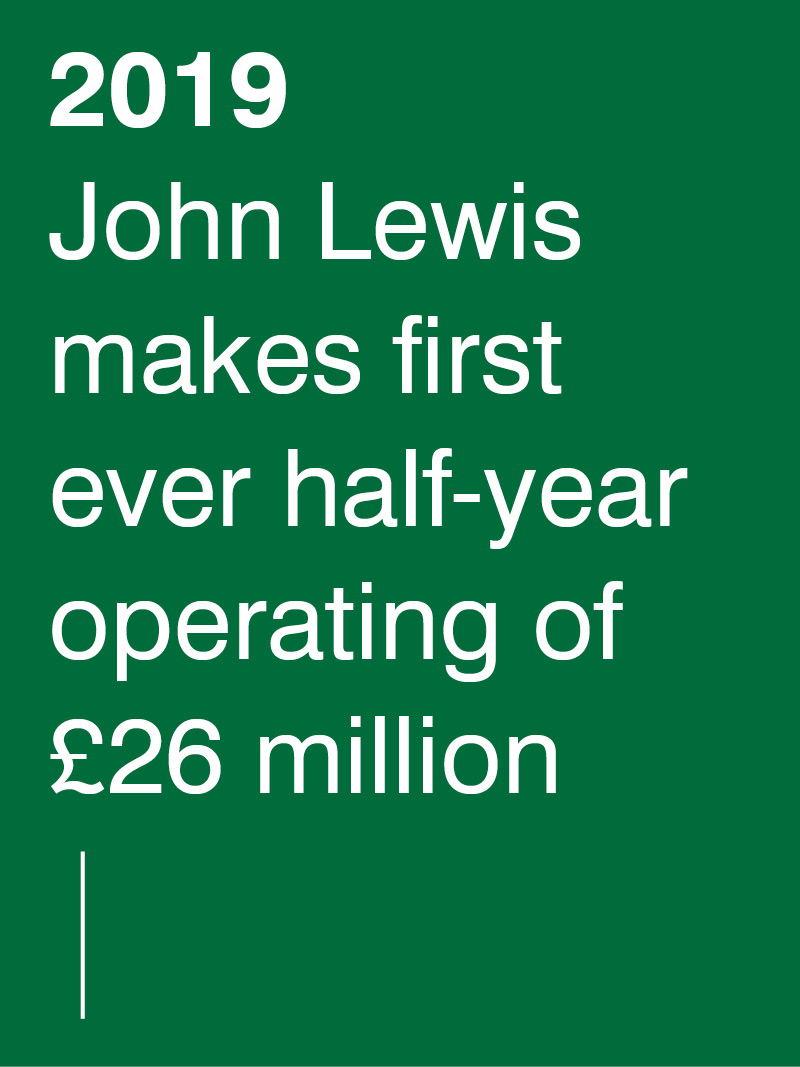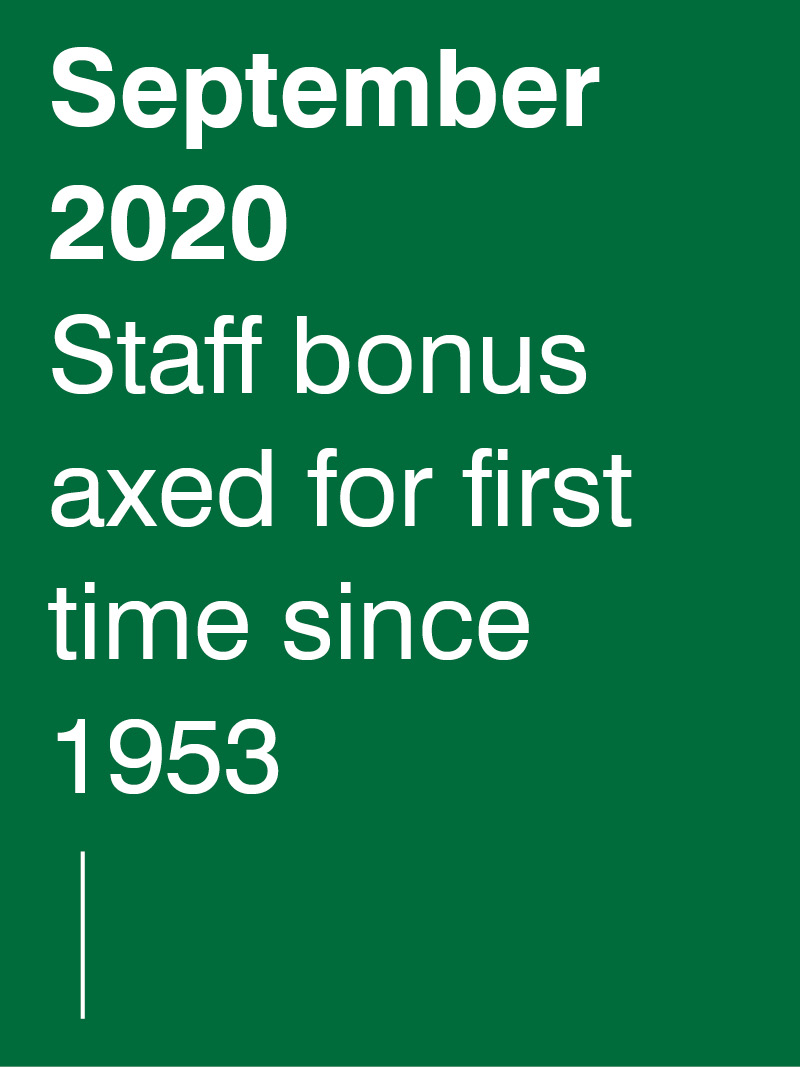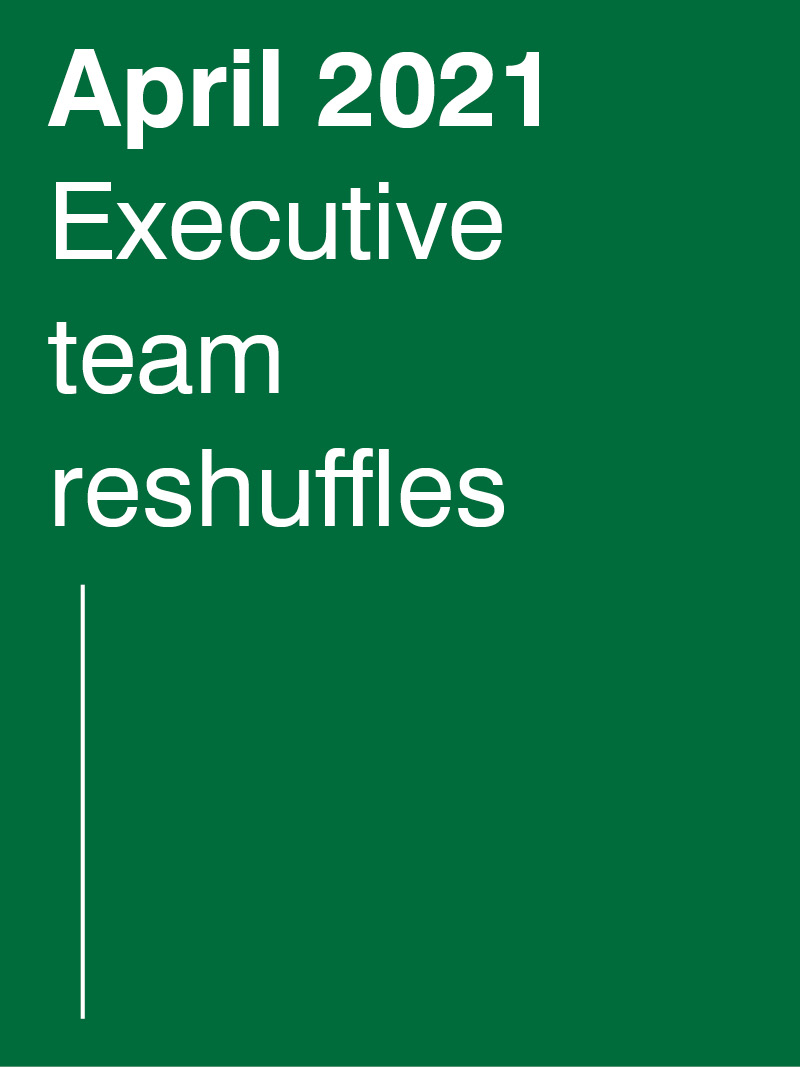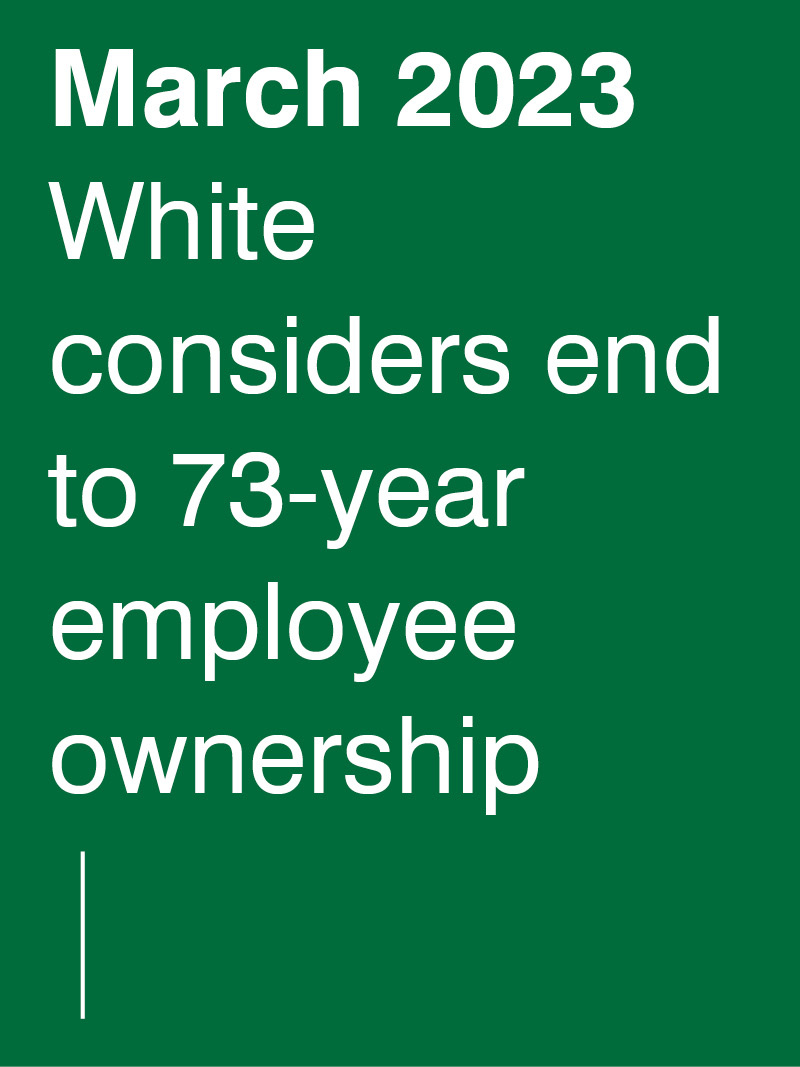
FRIDAY 21 FEB 2025 3:30 PM
JOHN LEWIS: AN EXPERIMENT IN KINDER CAPITALISM
For years the company has promoted a form of ‘caring capitalism’, putting its employees first. How has this model fared in the era of ruthless retail? This article is from Communicate magazine's print edition.
|
Following the death of his father in 1864, John Spedan Lewis formalises the partnership “experiment”. John Lewis’s profits would be shared among all employees. Managers would be accountable to the staff via a council of elected representatives. Staff could also air their complaints in an in-house newsletter, The Gazette. |
LATEST NEWS
TUE 15 Apr 2025 2:30 PM
Is DEI really dying?
THU 10 Apr 2025 11:00 AM
Report highlights global leaders in DEI and sustainability communications
TUE 8 Apr 2025 9:52 AM
Media urged to "hold ground against big tech" at Paris conference
FRI 4 Apr 2025 10:23 AM
Information fatigue drives half of Brits to avoid news, survey finds
RECENT ARTICLES BY REBECCA PARDON
TUE 15 Apr 2025 2:30 PM
Is DEI really dying?
THU 10 Apr 2025 11:00 AM
Report highlights global leaders in DEI and sustainability communications
TUE 8 Apr 2025 9:52 AM
Media urged to "hold ground against big tech" at Paris conference
FRI 4 Apr 2025 10:23 AM
Information fatigue drives half of Brits to avoid news, survey finds















